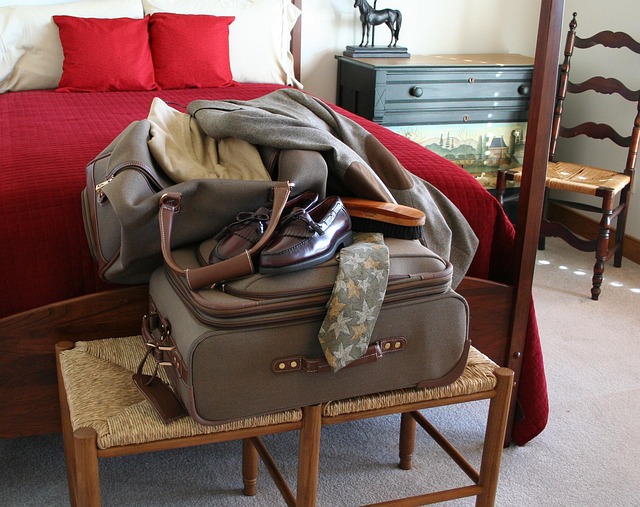Whether you’re preparing for your first days abroad for school, work, or a fresh start, your first few days abroad can be a whirlwind of emotions—excitement, nervousness, curiosity, and even culture shock. The good news? With the right mindset and preparation, you can turn those first days into a smooth and empowering transition.
Here’s what to expect and how to make your experience a little less overwhelming and a lot more rewarding.
1. Expect the Unexpected
No matter how many guidebooks you read or YouTube videos you watch, there’s nothing quite like the reality of landing in a new country.
Some things to anticipate:
-
Jet lag and sleep disruption for the first few days
-
Language barriers, even in countries where you may know the basics
-
Transportation differences, such as ticketing systems, apps, or even driving sides
-
Cultural habits, like tipping rules or public etiquette, that may surprise you
💡 Pro tip: Keep a flexible mindset. Expect things to go differently than planned, and give yourself time to adjust.

2. Stay Connected Early On
In those first few days, communication is everything—both for your safety and peace of mind.
Set up these essentials ASAP:
-
Local SIM card or international phone plan
-
Emergency contact list, both physical and digital
-
Wi-Fi spots or data apps that work in your area
-
Important numbers: embassy, local police, housing, school, or employer
Having access to communication early on will help reduce stress, especially if you encounter delays, get lost, or need assistance.
The first days abroad won’t be perfect—but they’ll shape how you grow, adapt, and thrive in your new world.
3. Get Comfortable with Being Uncomfortable
Those first days can feel awkward. You’ll probably mispronounce something, take the wrong bus, or use the wrong currency at first.
That’s okay—and expected!
Every expat, student, and traveler has their “oops” moments. Laugh them off, learn, and move forward. These are the stories you’ll tell later.
4. Explore and Prepare for Your First Days Abroad
Once you’re settled, carve out time to explore your neighborhood or city. Familiarity builds comfort, and early exploration helps you:
-
Find grocery stores, pharmacies, or cafés
-
Learn public transport routes and ticket machines
-
Observe local customs (like whether locals greet shopkeepers or not)
Many students find that preparing for your first days abroad helps reduce stress and anxiety, especially when entering unfamiliar cultures. Make small goals like visiting a museum, taking a walk, or ordering a coffee in the local language. According to the U.S. Department of State’s travel guide, knowing local customs and entry requirements in advance is crucial to a smooth arrival.
5. Prepare Emotionally for Homesickness
It’s normal to feel lonely or overwhelmed, especially after the excitement wears off. Stay grounded by:
-
Keeping a journal
-
Joining local meetups or student groups
-
Calling loved ones (but not too much—stay present)
Remember, you’re not alone. Almost everyone who moves abroad experiences an emotional adjustment period.
With a little planning, preparing for your first days abroad becomes less intimidating and far more empowering.
Conclusion: Make the Most of the Start
Your first days abroad are more than just logistics—they’re the foundation for your growth. Take a deep breath, remain open-minded, and remember that every unfamiliar experience is a stepping stone toward building confidence and independence.
Each challenge in your first days abroad becomes a stepping stone toward confidence, independence, and cultural growth. Embrace the journey fully.
Your first few days abroad might not be perfect—but they don’t have to be. They’re a starting point, not a final destination.
You’ll make mistakes. You’ll also make memories. With thoughtful planning, a sense of humor, and openness to new experiences, you’ll go from feeling like a stranger to feeling at home sooner than you think.
Remember, preparing for your first days abroad sets the tone for a smoother and more confident international experience.
Welcome to your new adventure.
For more advice, check out our guide on Top 5 Educational Technology Tools to support your learning abroad.







